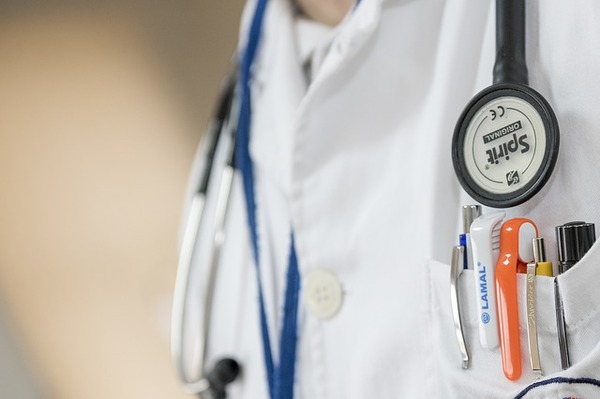By Victoria Stone-Meadows
State Government funding is set to allow better outcomes in Monash Health’s maternity care with patients for whom English is a second language.
The government’s Language Service Innovation Grants program will allow Monash Health to create a more efficient data system to provide interpreters in their maternal health branch.
Chief Allied Health Officer Kate MacRae said while the system was in the development stage at the moment, Monash Health looked forward to improving outcomes for linguistically diverse patients.
“Around one in 10 maternity clients at Monash Health require an interpreter and we recognised some inefficiency in the way we engage professional interpreters for maternity clients,” she said.
“As a result, we have commenced an innovative project to improve the way we provide interpreter services in maternity.”
The new data system will allow the health care provider to quickly match patients with interpreters if that is what they prefer for an appointment or during labour.
“We hope to see an increase in the number of interpreters used, and we will measure the feedback from patients,” Ms McRae said.
Monash Health has embarked on this project as part of its member commitments to the Bridging the Gap partnership.
Bridging the Gap brings together public hospitals, State Government departments, Victorian Foundation for Survivors of Torture and the Murdoch Children’s Research Institute to improive outcomes and experiences for patients.
Ms McRae said the new interpreter data system will help Monash Health to provide a comfortable and positive experience for maternity patients.
“The partnership prioritised improving women’s access to language services in birth suites, recognising the critical importance of communication in labour and potential to improve birth outcomes,” she said.
State Minister for Health Services Jill Hennessy and Minister for Multicultural Affairs Robin Scott both said the programs funded by the Language Service Innovation Grants program would help all Victorians.
“We are making sure Victoria’s culturally diverse communities can access the high quality and safe care they need and deserve, when they need it,” Ms Hennessy said.
“Victorians come from more than 200 countries, follow more than 130 different faiths and nearly a quarter of the community speak a language other than English,” Ms Scott said.
“We are investing in more interpreters to meet growing demand for language service in our hospitals.”







